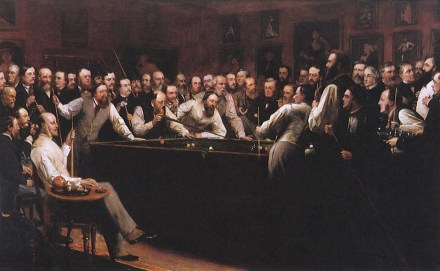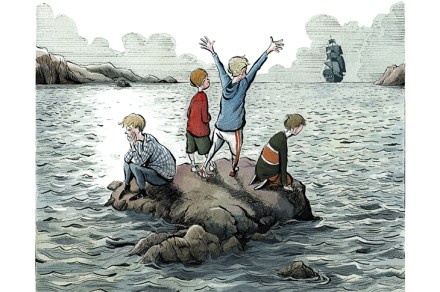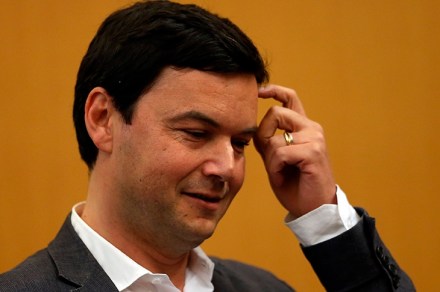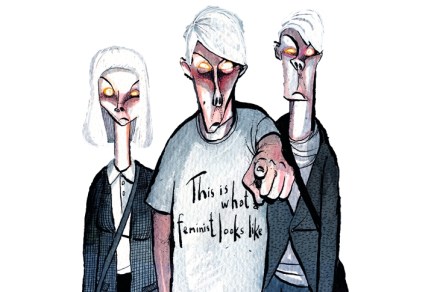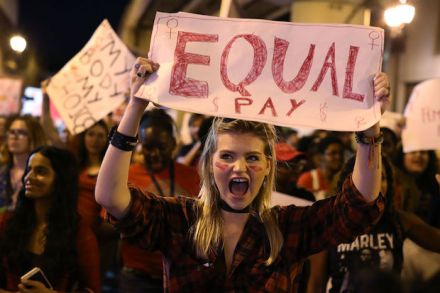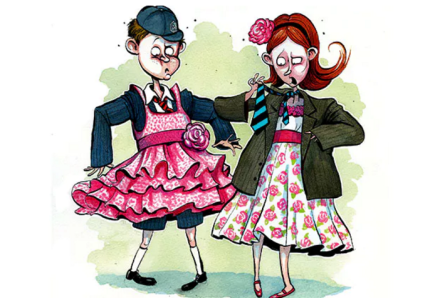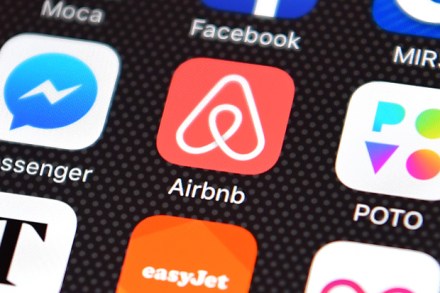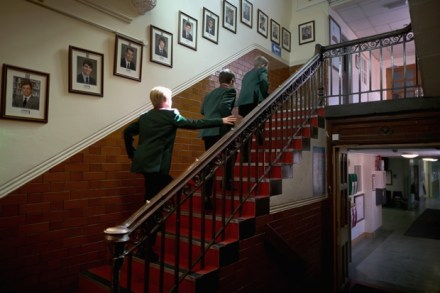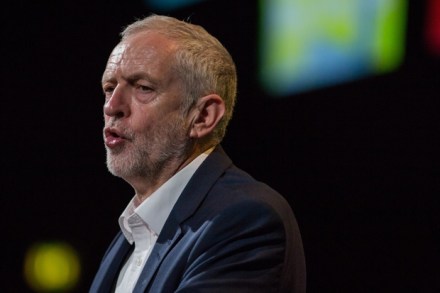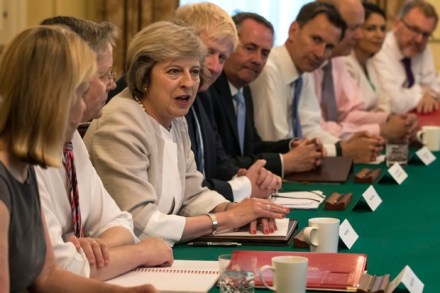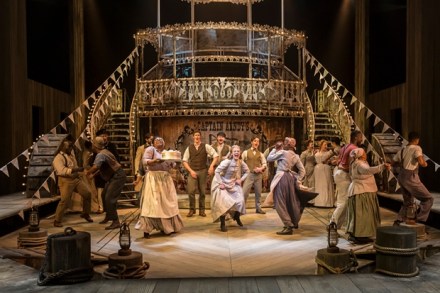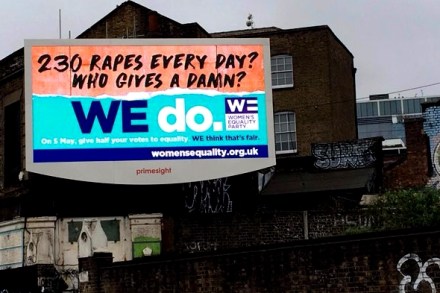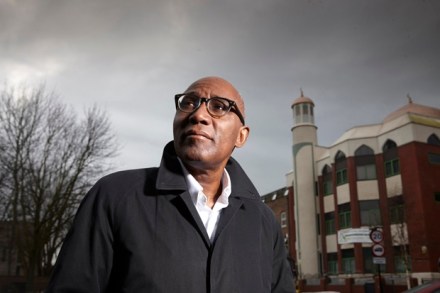Let men have their boys’ clubs
Taken to the Garrick Club one evening, I was surprised when a mouse ran across the carpet. I squeaked and pulled my legs up. Not a murmur from the other armchairs. My host leaned over. ‘No one minds the mice,’ he explained. ‘It’s the women they don’t want.’ It made me laugh then and it makes me laugh now. I thought fondly of this story when I read in the paper that Emily Bendell, founder of the lingerie brand Bluebella, had instructed lawyers to seek an injunction preventing the Garrick from ‘continuing to operate its discriminatory policy’ of excluding women would-be members. As it happens, I don’t mind being there
